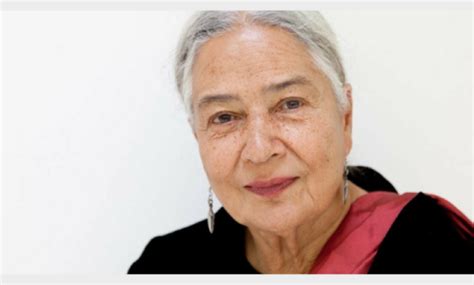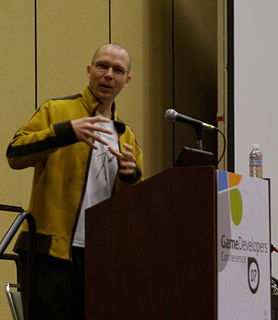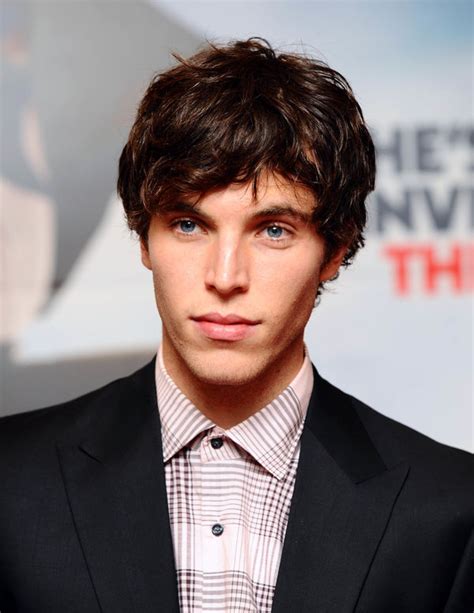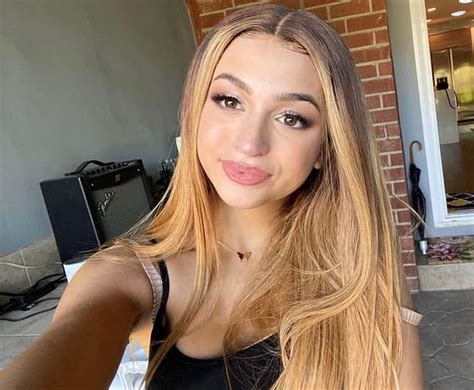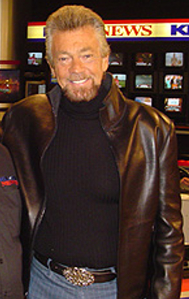A Quote by Panos Cosmatos
Well, I think if you're telling a story, a three act structure will just naturally emerge out of it. But I also love it when a film doesn't feel like it's anchored too rigidly to that structure and you feel like anything could happen.
Related Quotes
I've been making films with almost no dialogue (laughs), so sound and music become a very powerful character to tell the story. It's almost like with sound and music and images, it's your tool to tell the story, especially when I decide to structure the film in a way that usually goes against the conventions of the three-act structure which most films are made out of.
I feel like, if I'm being honest with myself, my biggest skill set is as a writer 'cause I can do that quickly and I'm really grounded in story structure. Part of my success as an actor, is that I know story well. Part of my success as a director, is how well I know story. Same thing, as a producer. It all begins and ends with me as a story creator. But, I love doing it all.
I think about the structure, sure. I think about what's going to happen, and how it's going to happen, and the pace. But I think if I stop to think about it in an abstract sense, I feel very daunted. I just try to enter into the story and feel my way through it. It's a very murky, intuitive way of going about it.
What's interesting to me is that in terms of people who I feel are getting what my game is about - and here I'm not even talking about what the elements of the story mean, like, whatever symbolism and metaphors and things are in there. But even the structure of the game, like, there's a fundamental structure and reasons in the way things are laid out, and parts of the game that are meant to draw people's attention to certain things, regardless of what's contained in that structure. And what's interesting to me is that some people get that, and some people don't.
There is a kind of structure for a story that was peculiarly compelling for the radio. I thought I had invented it atom-by-atom sitting in an editing booth in Washington on M Street when I was in my 20s. Then I found out that it is one of the oldest forms of telling a story - it was the structure of a sermon.
It's writing songs within the structure of telling a story, so it becomes a platform for diverse songwriting, for a writing process that's broader than just figuring out a song. You're also dealing with always pushing the story forward, with casting the voices, with the orchestration, with the arrangements.






